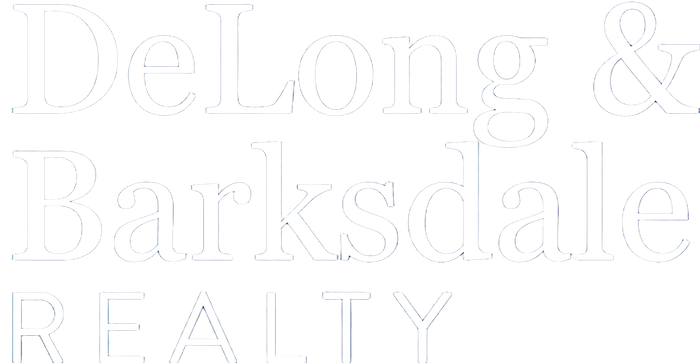Individual investors tend to limit their retirement plan investments to the most obvious choices, such as stocks, bonds, and mutual funds; however, retirement investments options are not as limited as one might think. The only items specifically excluded from investing in through an IRA are collectibles (i.e. stamps, coins, antiques, works of art, etc.). Through the use of a self-directed retirement account, other non-standard investments such as real estate are permissible. The key to establishing such an account is simplistic, as long as the investor can find a plan sponsor who allows a self-directed retirement account and is savvy enough to consider all of the aspects of these investments.
To establish a self-directed retirement account, an investor will need to determine if they want to use a Roth or traditional retirement account and find an IRS approved trustee/custodian to hold the assets of the plan on behalf of the individual. Once the plan is established, the investor can then rollover funds from an existing retirement account into the new, self-directed account.
There are certain pitfalls one must be aware of when using a self-directed retirement plan, specifically prohibited transactions and the unrelated business income tax (UBIT). Prohibited transactions are any transaction (such as a sale, exchange or lease) between the plan and a disqualified person. A disqualified person includes the owner of the plan, his or her family or business, and fiduciaries and trustees of the plan. Failure to avoid prohibited transactions could result in disqualification of the plan, an immediate withdrawal of all assets of the plan, which would then be subject to income tax and an additional 10% early withdrawal penalty. UBIT is a tax paid by the retirement plan if one were to invest in certain type of investments which include profits and losses from a business. In some situations the deferred growth potential of a self directed plan exceeds the cost of the UBIT.
In short, the use of a self-directed retirement plan is a flexible way to grow one’s investment portfolio in a unique, non-traditional but effective method. Instead of risking the fluctuation and volatility of the stock market, one should consider investing in real estate for retirement purposes as a way to safely grow his or her portfolio.
The intended use, holding period, liquidity of the plan and overall income tax strategies are just a few of the factors that should be considered. You should consult your tax advisor before considering a real estate investment through your retirement plan.
This information is provided courtesy of:
Harper Rains, Knight & Company, P.A.
1052 Highland Colony Parkway, Suite 100, Ridgeland, MS 39157,
601-605-0722


